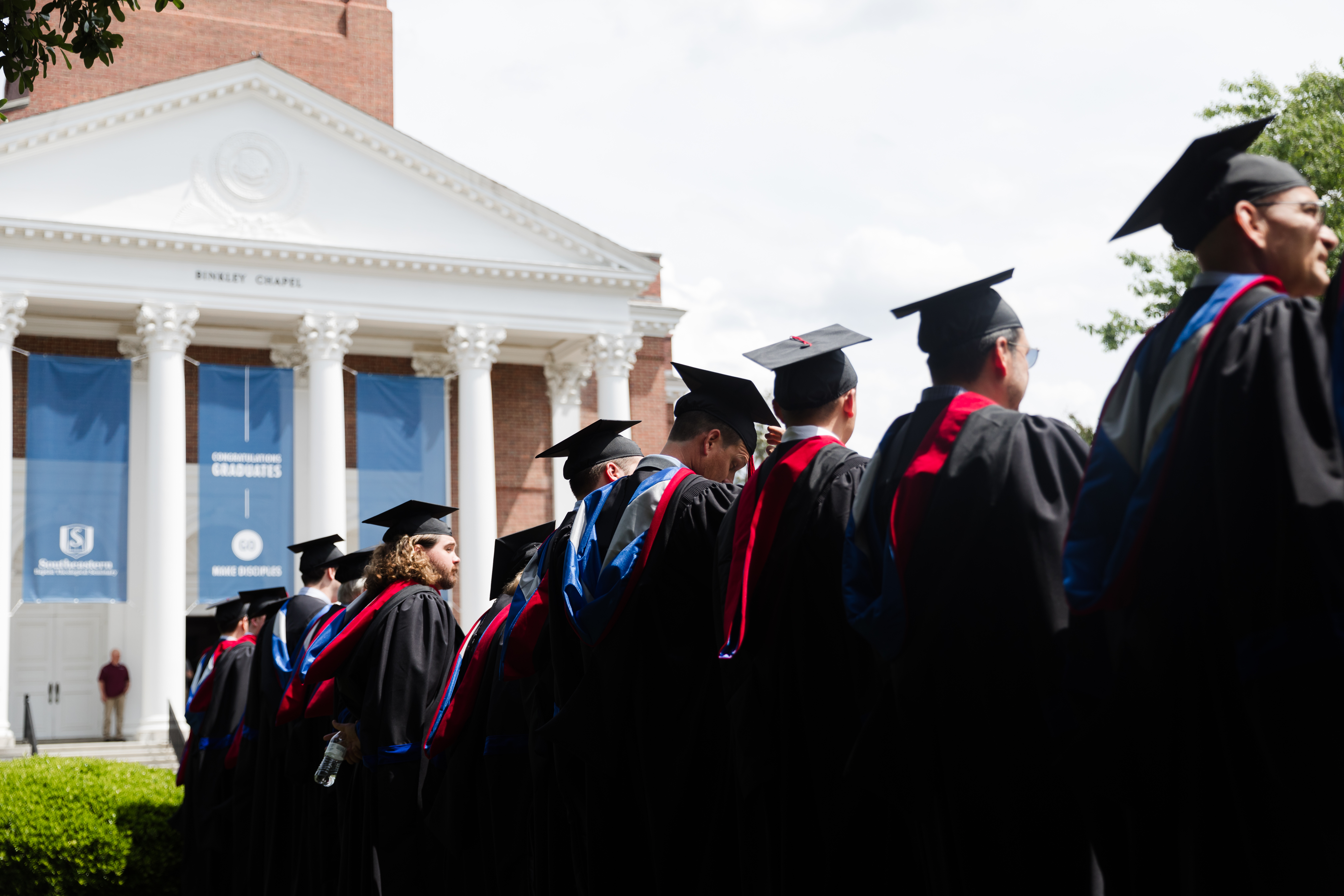Every January, my brother, my dad, and I all convene to have a discussion for the ages: what will next year hold for the economy? This year, my brother and I took the position that a “rolling recession” was in order for next year and clashed with our dad, a perpetual bull market enthusiast.[1]
As the discussion wore on, the conversation shifted to retirement. Looking back, I realized how little I was thinking theologically about retirement and how much of my thinking I had simply inherited from the world around me. In this article, I want to take a step back and consider some ideas about retirement that we might have gotten from the world without filtering them through a Christian worldview.
The Pride of Planning
Throughout our discussion of retirement, my brother and I continued to increase the amount we would need on a yearly basis to take into account all the different contingencies. While I definitely think planning ahead is necessary, it is interesting that we assume we will have the ability to secure our future. I thought that I could create a risk-free future simply because I would have a really big number on my online banking screen.
I’m reminded of James’s command when he writes,
- “Come now, you who say, ‘Today or tomorrow we will go into such and such a town and spend a year there and trade and make a profit’— yet you do not know what tomorrow will bring. What is your life? For you are a mist that appears for a little time and then vanishes. Instead you ought to say, ‘If the Lord wills, we will live and do this or that.’ As it is, you boast in your arrogance. All such boasting is evil.”
According to James, thinking we guarantee the future is arrogant because we don’t really have control over the future, let alone know what tomorrow will bring. Planning for the future, whether it be about retirement or not, must be tempered with humility.
Selfish Saving
Looking back on our discussion of retirement, I realized how much I was talking about myself. I found the driving thought of my calculations and planning was this: I need to save as much as I can so that later I can enjoy whatever I want to do. The inherent danger in planning for your retirement is slipping farther and farther into selfishness. Retirement can quickly take up your thoughts as you plan to maintain your current lifestyle so that you miss out when people around you suffer.
Perhaps the solution is to take responsibility and leave the entitlement behind. You, not your children, have a responsibility to provide for yourself. In that sense, I need to save as much as I can. But the entitlement to a privileged life of enjoying whatever I want to do must be left behind.
After all, the Christian life has fundamentally transformed the purpose for your living. You live now as a servant to Christ, and you don’t stop being a servant of God simply because you clocked out for the last time.





No comments have been added.